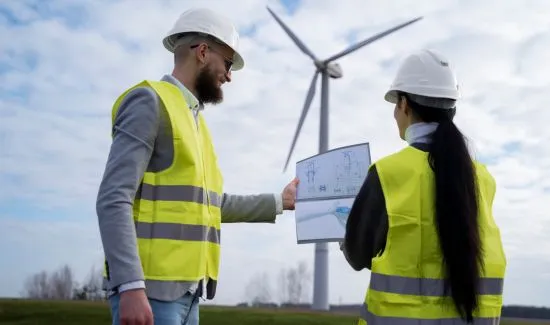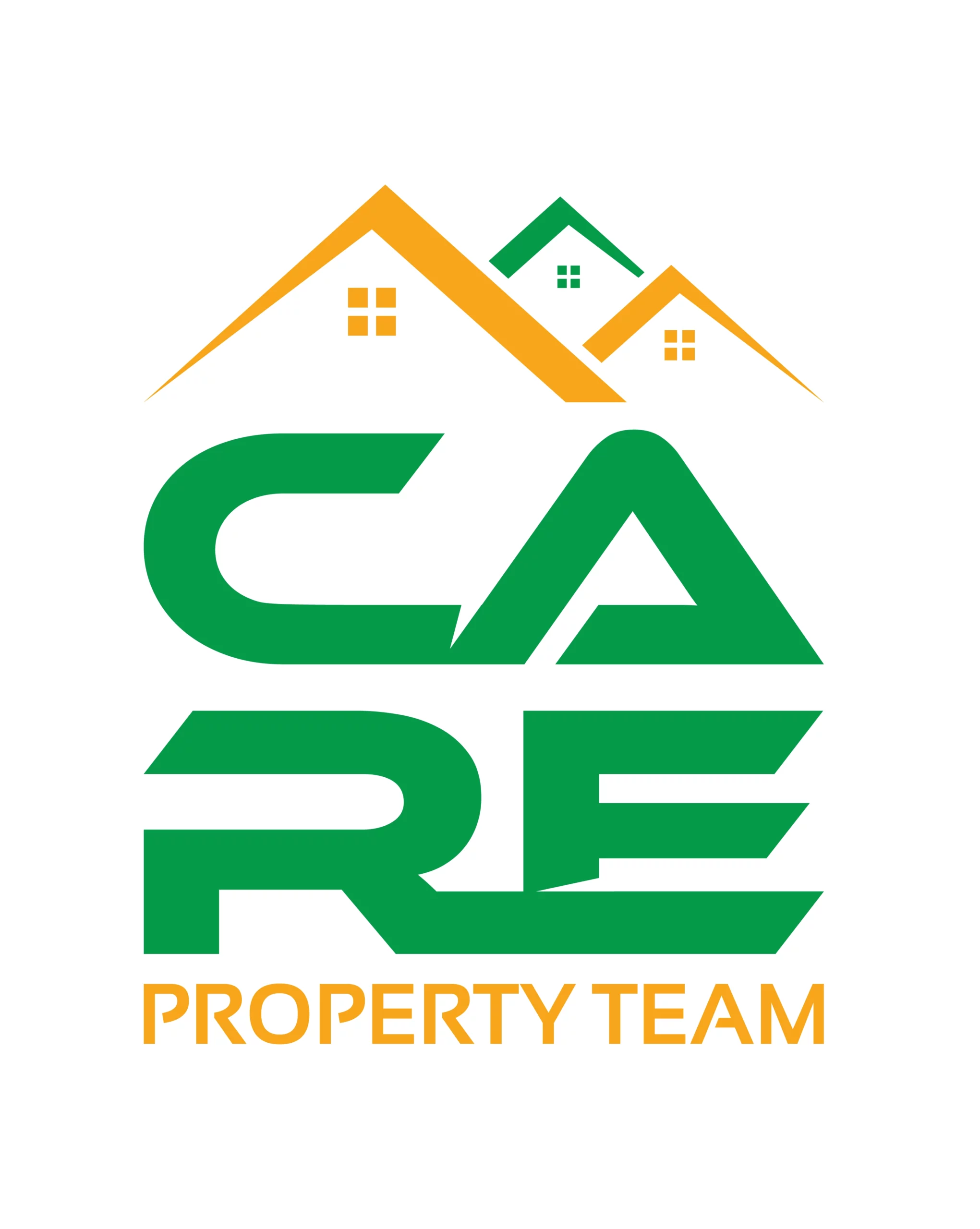If you are planning to buy or invest in a commercial property, you need to do your own due diligence before you sign any contract or pay any money. Due diligence is the process of checking and verifying the information and details about the property, such as its condition, value, legal status, and potential risks or benefits. Doing your own due diligence can help you avoid costly mistakes, negotiate better deals, and make informed decisions.
But how do you do your own property due diligence? What are the steps and tools that you need to follow and use? In this blog post, we will share with you some tips and tricks on how to do your own property due diligence, based on a simple checklist that covers the most important aspects of commercial real estate acquisitions.
1. Location and Market Analysis
The first step of doing your own property due diligence is to analyze the location and market of the property. You need to research the following factors:
- Demographics: Who are the people who live, work, or visit the area where the property is located? What are their age, income, education, occupation, and lifestyle? How are they likely to change in the future?
- Supply and Demand: How many similar properties are available for sale or rent in the area? How many buyers or tenants are looking for such properties? How does the supply and demand affect the price and occupancy of the property?
- Competition: Who are the other owners or investors of similar properties in the area? What are their strengths and weaknesses? How do they affect the performance and profitability of the property?
- Infrastructure and Amenities: What are the facilities and services that are available or planned in the area, such as transportation, utilities, schools, hospitals, shopping, entertainment, etc.? How do they affect the accessibility, convenience, and attractiveness of the property?
- Trends and Opportunities: What are the current and future trends and opportunities in the area, such as economic growth, population growth, urban development, environmental issues, etc.? How do they affect the potential and risks of the property?

You can use various tools and sources to gather and analyze the information about the location and market of the property, such as:
- Online Maps and Satellite Images: You can use online maps and satellite images, such as Google Maps or Bing Maps, to view the property and its surroundings, and get a sense of the layout, size, shape, and features of the property and the area.
- Online Databases and Reports: You can use online databases and reports, such as Zillow or LoopNet, to find and compare similar properties in the area, and get an idea of the price, rent, occupancy, and performance of the property and the market.
- Online News and Articles: You can use online news and articles, such as The Wall Street Journal or Forbes, to learn about the latest news and trends in the area and the industry, and get insights into the opportunities and challenges of the property and the market.
- Local Experts and Professionals: You can consult with local experts and professionals, such as real estate agents, brokers, appraisers, lawyers, accountants, etc., to get their opinions and advice on the property and the market, and benefit from their experience and knowledge.
2. Physical and Environmental Inspection
The second step of doing your own property due diligence is to inspect the physical and environmental condition of the property. You need to check the following factors:
- Structure and Systems: How is the structure and systems of the property, such as the foundation, roof, walls, floors, doors, windows, plumbing, electrical, heating, ventilation, air conditioning, fire safety, security, etc.? Are they in good shape and working order? Do they meet the codes and standards? Do they need any repairs or upgrades?
- Interior and Exterior: How is the interior and exterior of the property, such as the design, layout, space, lighting, furniture, fixtures, equipment, signage, landscaping, parking, etc.? Are they appealing and functional? Do they match the purpose and style of the property? Do they need any improvements or modifications?
- Environmental Issues: Are there any environmental issues or hazards in or around the property, such as asbestos, lead, mold, radon, soil contamination, water contamination, air pollution, noise pollution, etc.? Are they detected and remediated? Do they pose any health or legal risks?

You can use various tools and methods to conduct and document the physical and environmental inspection of the property, such as:
- Checklists and Forms: You can use checklists and forms, such as the ones provided by the American Society of Home Inspectors or the Environmental Protection Agency, to guide you through the inspection process and record your findings and observations.
- Photos and Videos: You can use photos and videos, such as the ones taken by your smartphone or camera, to capture and illustrate the condition and features of the property and the area.
- Tests and Measurements: You can use tests and measurements, such as the ones performed by specialized devices or instruments, to assess and quantify the condition and performance of the property and the systems, such as the water pressure, temperature, humidity, air quality, etc.
- Inspection Reports and Certificates: You can obtain inspection reports and certificates, such as the ones issued by qualified inspectors or contractors, to verify and validate the condition and compliance of the property and the systems, such as the electrical, plumbing, HVAC, fire safety, etc.
3. Financial and Legal Analysis
The third step of doing your own property due diligence is to analyze the financial and legal aspects of the property. You need to review the following factors:
- Income and Expenses: What are the income and expenses of the property, such as the rent, fees, taxes, utilities, maintenance, insurance, management, etc.? How are they calculated and collected? How are they distributed and allocated? How do they affect the cash flow and profitability of the property?
- Assets and Liabilities: What are the assets and liabilities of the property, such as the title, deed, mortgage, loan, lien, lease, contract, warranty, etc.? How are they recorded and transferred? How are they secured and enforced? How do they affect the value and equity of the property?
- Rights and Obligations: What are the rights and obligations of the property, such as the zoning, easement, covenant, restriction, permit, license, etc.? How are they established and modified? How are they monitored and regulated? How do they affect the use and development of the property?

You can use various tools and sources to examine and evaluate the financial and legal aspects of the property, such as:
- Financial Statements and Records: You can use financial statements and records, such as the ones prepared by the owner or the manager of the property, to track and analyze the income and expenses of the property, and measure its financial performance and potential.
- Property Documents and Records: You can use property documents and records, such as the ones obtained from the owner or the public records office of the property, to identify and verify the assets and liabilities of the property, and determine its legal status and ownership.
- Legal Documents and Records: You can use legal documents and records, such as the ones drafted by the lawyer or the government agency of the property, to understand and comply with the rights and obligations of the property, and avoid any legal issues or disputes.
Conclusion
Doing your own property due diligence is a crucial step in buying or investing in a commercial property. It can help you discover and assess vital information about the property, such as its location, market, condition, value, legal status, and potential risks or benefits. By following a simple checklist that covers the most important aspects of commercial real estate acquisitions, you can conduct your own property due diligence effectively and efficiently.
However, you don’t have to navigate this process alone. Professional and experienced experts, such as real estate agents, brokers, appraisers, lawyers, accountants, etc., can provide valuable assistance with the due diligence process, offering advice and guidance.
If you find yourself in need of comprehensive real estate services, including due diligence support, or if you require assistance in any aspect of your commercial property endeavors, visit the website. Their team of experts is dedicated to helping you make informed decisions and achieve success in your real estate ventures. You can also visit our website to see our listings.
Thank you for reading, and happy investing! 😊

